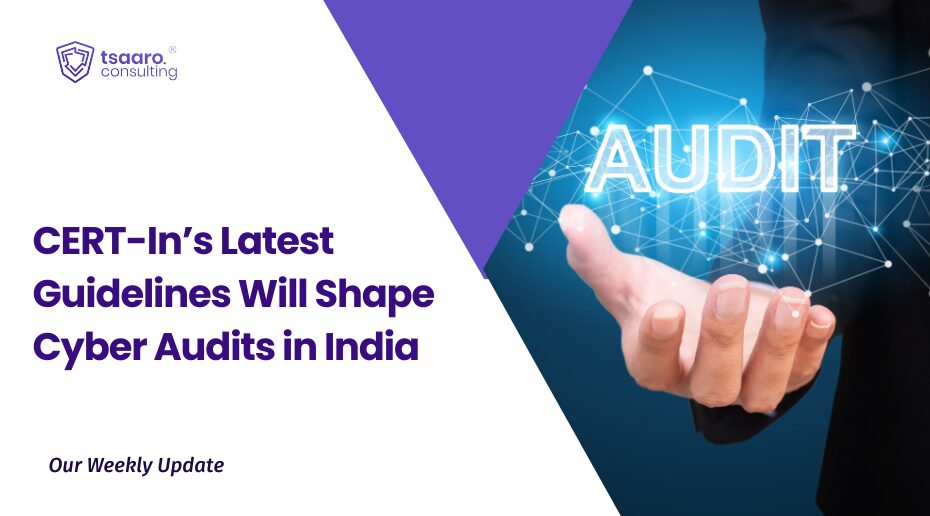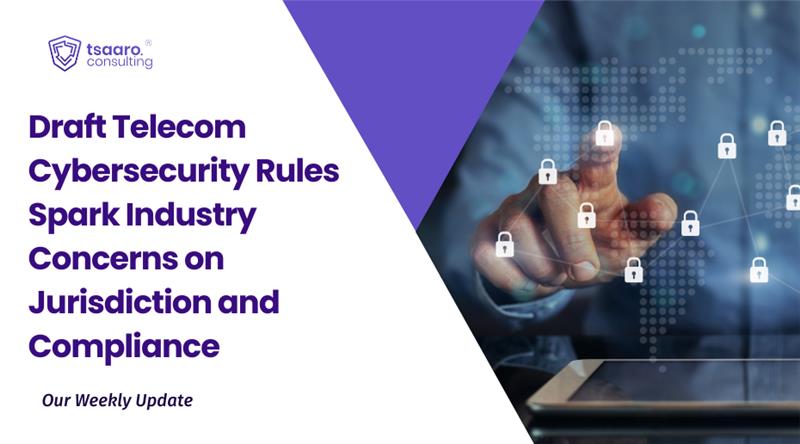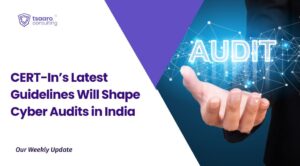Introduction
Your information is right now streaming into the ether for use by the organisations or legislatures with which you cooperate. Your supermarket run, most recent influenza shot, course to dealing with public travel — all followed, recorded, and used to offer types of assistance or mine insights. Though you might think about this interaction from the theoretical, the “ether” for this situation is an undeniable arrangement of specialised frameworks which take into account information authorities (for example, supermarket, drug store, or travel expert in the models above) to record the information you produce and store it on a server for future recovery and use.
By and large, information engineers liable for the most common way of ingesting, putting away, examining, and conveying information downstream moved actual duplicates of information through a progression of steps to determine esteem. Given the blast of utilisation cases for “Enormous Data” and its assortment, this interaction has become progressively intricate. As associations present more modern innovation, information science necessities, merchant/accomplice connections, and administrative requirements to the cycle, they should think about how to deal with every one of this information securely and productively. This has prompted the development of another discipline: DataOps.
What is DataOps?
One could contend that DataOps began when the principal individual chose to record some exchange and document it for some time in the future. The essential thought is that we’ve generally required some system to get esteem from the information we gather, which regularly involves interaction to record inputs and bring them into the right hands for use. For a more conventional definition, we can go to Michele Goetz of Forrester, who characterises DataOps as “the capacity to empower arrangements, foster information items, and initiate information for business esteem across all innovation levels from foundation to encounter.”
When information assortment became digitised, engineers used to (and still regularly do… ) fabricate custom work processes, or “pipelines”, to carry information starting with one spot then onto the next for utilisation by an investigator. As innovation improves and uses cases become more refined,data-driven organisations look to their foundation (DevOps), information designing, and information science groups to cooperate to assemble repeatable, minimal expense pipelines that can utilise information from one hotspot for an assortment of purposes. In any case, this cycle can be awkward, requiring a long time of designing work to drive only one use case.
The applicability of Data Ops
To capitalise on DataOps, endeavours should advance their information the board procedures to manage data at scale and because of genuine occasions as they occur, as per Dunning and Friedman.
“Customarily siloed jobs can demonstrate excessively unbending and ease back to be a solid match in huge information associations going through advanced change,” they compose. “That is the place where a DataOps style of work can help.”
Since DataOps expands on DevOps, cross-practical groups that cut across “ability societies” like activities, computer programming, design and arranging, item the executives, information investigation, information advancement, and information designing are fundamental. Data ops groups ought to be overseen in manners that guarantee expanded joint effort and correspondence among engineers, tasks experts and information specialists.
Information researchers may likewise be incorporated as key individuals from DataOps groups, as per Dunning. “I think the main thing to do here is to not stay with the more conventional Ivory Tower association where information researchers reside separated from dev groups,” he says. “The main advantage you can take is implanted information researchers in a DevOps group. At the point when they live in a similar room, eat similar suppers, hear similar protests, they will normally acquire an arrangement.”
How is Data Ops relevant for Data Privacy Professionals?
As most firms move to cloud-based information stockpiling and work processes, the commonplace information pipelines for information science work processes will join. Firms gathering the most information will probably embrace the DataOps-as-a-administration stages. Considering that these pipelines catch the entire information use lifecycle from assortment to examination to dissemination downstream, DataOps stages address a vital chance to implement information morals and information security standards actually at scale.
One could envision an existence where information for a given use case is classified, muddled utilising protection improving advances or essential encryption strategies, and separated dependent on security and access arrangements for all information work processes inward and outer to an association. While legally binding contracts or administrative recognition at the mark of information assortment would, in any case, be required, DataOps addresses whenever customisable strategies first could be authorised in fact at scale. Likewise, it addresses a chance for non-specialized policymakers in a given association to work consistently with specialised partners on setting arrangements proper to the dataset, use case, and business esteem the association hopes to extricate from the essential information.
These advantages are in-accordance with the “Shift Left ” development at present proselytise inside DevOps and SecOps groups. The thought behind moving left is that a group will settle on choices about explicit security or protection highlights/controls before the improvement cycle to appropriate likely imperfections in the plan that may prompt breaks later. The benefit of moving left commonly lies in more robotised controls, less required re-architecting of frameworks later on, and more intelligent contributions from non-specialized colleagues. DataOps-is-a-administration stages could ultimately permit information protection experts to rest more straightforwardly, realising that authoritative terms and legitimate prerequisites are implemented as information “moves’ ‘ from guide A toward point B.
How is Data Ops Relevant for Privacy tech?
There are a couple of ways of thinking concerning this inquiry, and an agreement presently can’t seem to arise. Innovation for both DataOps and information science-driven protection tech is as yet in its reception stage, so the truth will surface eventually how these two ideas will communicate. Here are the three speculations that appear to be generally normal:
- No Overlap
- Neither DataOps nor protection tech stages will embrace the other’s utilisation cases or abilities.
- The people who contend this perspective accept DataOps or cloud-supplier stages won’t contribute outside of their centre abilities, particularly if different administrations lead to minimal peripheral income.
- Security tech organisations will be pushed to offer downstream benefits past fundamental approach setting all through the information science lifecycle.
- Partnership
- One more way of thinking recommends that s DataOps and security tech firms cooperate to empower the two arrangements of abilities inside each other’s foundation.
- From a simply sensible point of view, Organizations will install security tech ideas inside existing DataOps stages. Be that as it may, protection tech stages can more effectively imitate DataOps ideas than the other way around.
- Information on protection improving innovations are still very particular, though most data sets or information science tooling reconciliations are transparently accessible and genuinely clear to carry out.
- Then again, without even a trace of genuine association, organisations might decide to have light incorporations between security tech and DataOps stages.
- This is the most probable result in the following 1–2 years, given the beginning condition of both stage types.
- Convergence
- Security tech firms will be constrained to develop how a customer can manage the information once secured. At the same time, the DataOps stages will be compelled to guarantee the best in class ‘wellbeing’ of information obtained by their pipelines.
- As every stage type continues to advance to remain cutthroat and endeavours to introduce arrangements that permit huge information-driven associations to oversee specialised information protection, security, and pipelines with one consistent client experience, the two capacities will join to offer the most extreme benefit to the client.
- This expects the significant cloud suppliers don’t develop their protection tech, and DataOps highlights past the helpless client experience accessible today. On second thought, pick to cooperate with different administrations open by means of their commercial centres.
Conclusion
Notwithstanding how the dynamic between the two-stage types advances, unmistakably, there is genuinely a relative term opportunity for ideas from each discipline to advance the worth given by the other whenever executed accurately.
This article was written by Aryan Kashyap.












